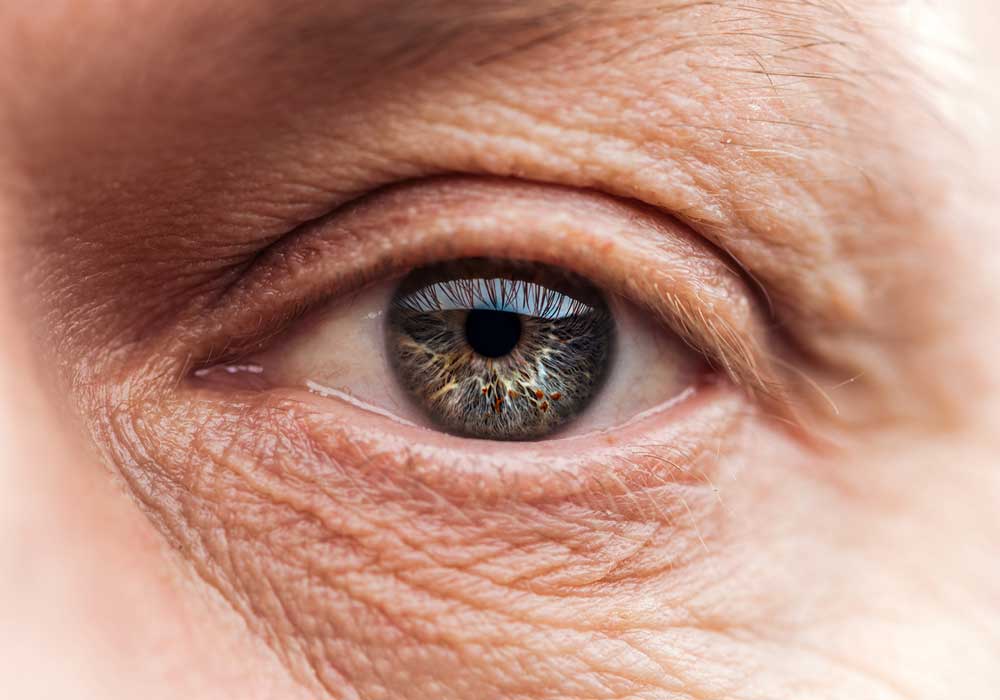
A diagnosis of dry eye involves both symptoms and signs to be present. However, there are other eye conditions can cause dryness symptoms that need to be carefully “differentially diagnosed” as they may require other treatment approaches.
These include:
- Ocular allergy: The eyes can react to substances such as pollen or pollution causing an inflammatory process. The eyes are a uniquely standardised tissue meaning that every if you don’t have general allergies, you can have allergic eye disease
- Ocular trauma: recurrent epithelial erosions (a poorly healing top layer of the eye) are common after an eye injury, causing pain, typically worse on awakening due to the eye being drier overnight
- Ocular infection: most eye infections cause ocular discomfort and discharge
- Neuropathic pain: the eye has more nerve fibres sending signals back to the brain than anywhere else in the body. Nerve pain, also called neuralgia or neuropathic pain, occurs when a health condition affects the nerves that carry sensations to your brain so they ‘fire’ even when no signal is trigger in the related part of the body (such as the eye). Hence trying to treat the eye in these cases will have limited benefit.


